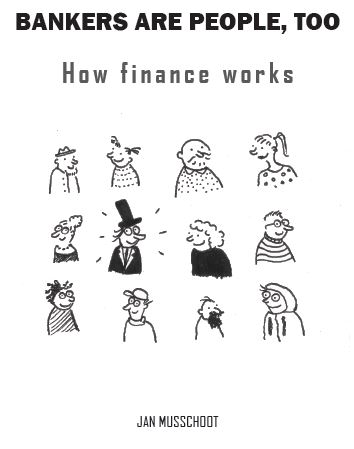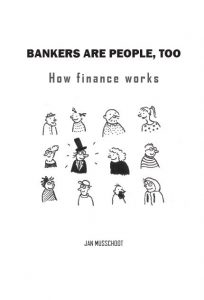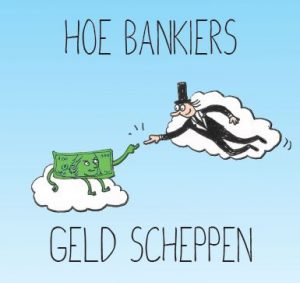In a recent episode of the Macro Musings podcast, David Beckworth talked to professor and author Laurence M. Ball about his new book The Fed and Lehman Brothers: Setting the Record Straight on a Financial Disaster.
Starting around minute 45 of the podcast, they discuss the role of Henry Paulson, the Secretary of the Treasury. Professor Ball notes that “It was Paulson who was making the decisions. That’s a little bit odd, because legally, under the Federal Reserve Act, it was the Federal Reserve’s job to decide whether or not they made loans. The Treasury Secretary legally didn’t have any more role than the Secretary of Agriculture or the Governor of Maryland. But Henry Paulson just arrived at the New York Fed and started saying what was gonna happen and people did what he said”.
This doesn’t surprise me one bit. In times of crisis, you cannot avoid politics.
In ‘The next crisis’, the final chapter of Bankers are people, too, I wrote
“It remains to be seen how long regulations will keep risks in check. When a major (shadow) bank fails in spite of all the monitoring and supervision, the value of the institutional framework will become clear. Because of the importance of banking to the economy, I am sure that the highest officials
in government will be involved if a too big to fail bank is about to collapse, whether or not that is against the law.”
So much for legal constraints during a major crisis.




